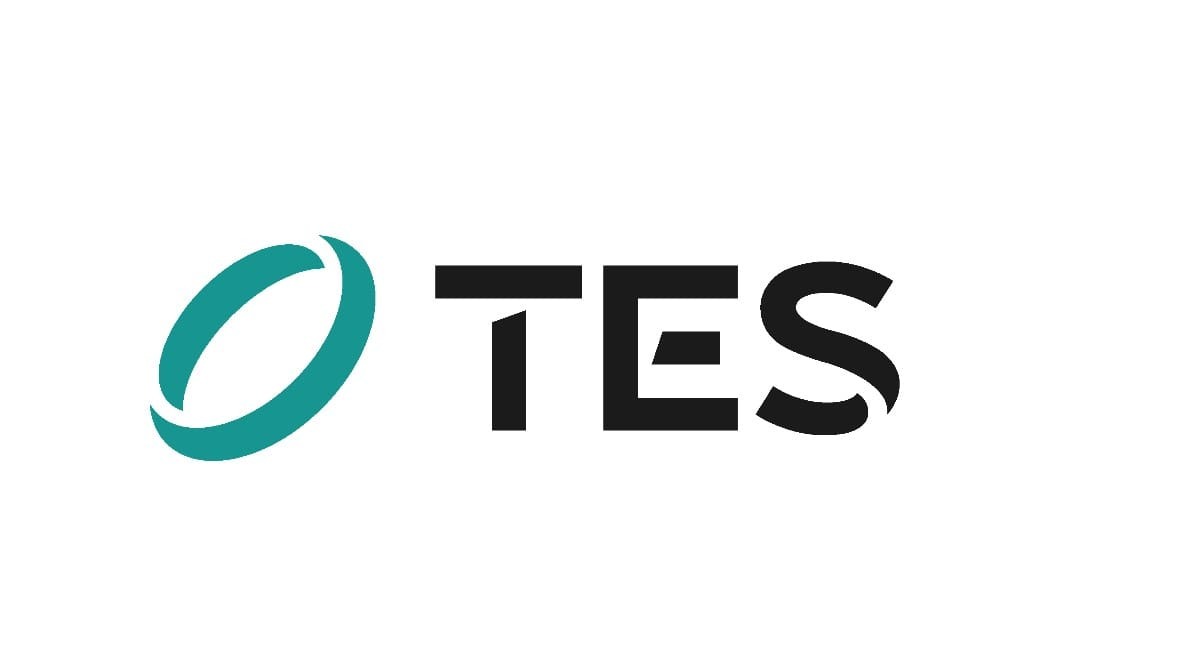Exploring the Belgian Federal Hydrogen Strategy

On October 29, 2021, the federal government of Belgium adopted its first hydrogen strategy on the proposal of Energy Minister Tinne Van der Straeten. This document announced for the first time Belgium’s ambitions for renewable molecules and the role it wants to play as an import and transit hub in Europe.
Since then, many measures have been initiated. On October 12, 2022, the federal government validated an update of this strategy to reflect the state of progress of the implementation of the latter. Additional measures are announced taking into account recent developments in the sector.
The federal hydrogen strategy aims to use hydrogen and renewable molecules to make certain applications climate neutral where electrification is not economically viable or technically feasible. This mainly concerns the industrial and freight transport sectors.
In its hydrogen strategy, the federal government expresses its ambition to strengthen Belgium’s position as an import and transit hub of renewable hydrogen.
Discover in the video below what role renewable hydrogen will play in the transition to a carbon-free future, and why Belgium, with its world-class ports, robust industrial network, and world leaders in maritime transport, has all the assets to become the European gateway for renewable hydrogen.
4 pillars of hydrogen strategy
The strategy is composed of four pillars for which various concrete measures are identified, presented below:
Pillar 1 – Positioning Belgium as an import and transit hub for renewable molecules in Europe
| Measure | First announcement | Status | |
| 1 | Engage with key partners in order to open each one of the 3 main import routes for renewable molecules | Strategy 2021 | Ongoing
(MoUs with Oman and Namibia, identification of partners for the 2 other import routes) |
| 2 | Support the development of hydrogen import infrastructure to have the first imports of H2-molecules (or of H2-derivatives to be cracked into H2-molecules) by 2026 | Strategy 2021 | Ongoing
(Planned to be launched in 2024) |
| 3 | Organize hydrogen master classes together with the Belgian Hydrogen Council to establish close relationships with key exporting partners | Update 2022 | Launched in 2023 |
| 4 | Investigate how the development of both electricity and hydrogen networks can complement each other in the North Sea | Update 2022 | To be launched once the HNO is designate |
Pillar 2 – Expanding Belgian leadership in hydrogen technologies
- Support research and pilot projects on hydrogen technologies with the two federal R&D funds (Energy Transition Fund and call Clean Hydrogen for Clean Industry)
- Develop a hydrogen test infrastructure by 2025
- Develop a limited electrolysis capacity of minimum 150 MW by 2026
Pillar 3 – Establishing a robust hydrogen market
- Set up a framework ensuring an optimal planning of energy transport networks
- Adapt the legal and regulatory framework for the transport of hydrogen per pipeline
- Investigate with the Regions and/or Europe how the federal government can help to put in place a system to unlock the demand for renewable H2-molecules and H2-derivatives by the end of 2024
- Develop a European voluntary certification scheme and a register for H2-molecules and H2-derivatives by 2025
- Develop a market hub for H2-molecules and H2-derivatives linked to physical supply hubs in Belgium by 2025
- Develop 100 to 160 km of additional H2 pipelines (new and/or repurposed) to be operated under non-discriminatory third-party access conditions by 2026
- Interconnect the Belgian H2 transport network with Germany, France and the Netherlands by 2028
Pillar 4 – Investing in cooperation as a key success factor
- Implement a structural consultation on hydrogen within Belgium
- Adopt a proactive and dynamic attitude within the working groups dedicated to hydrogen (Benelux, Pentalateral Energy Forum, European Union)
- Represent Belgium in international organisations and forums on hydrogen
- Continuous interactions with the sector, research institutes and citizens to keep this hydrogen strategy up to date with the evolution of the barriers and needs

